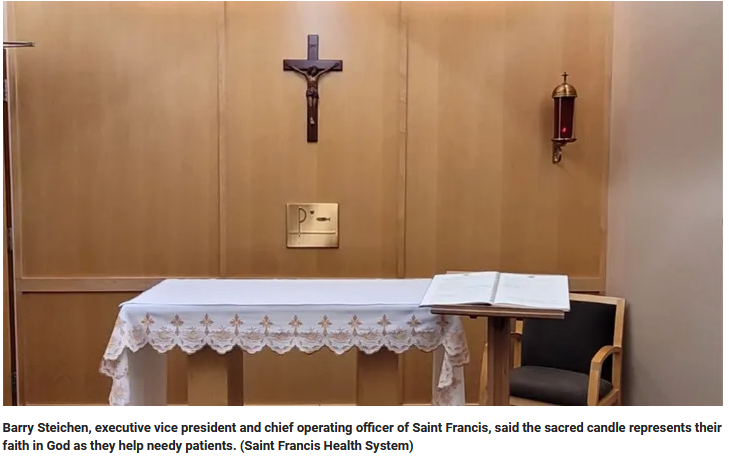This one waiting to be signed by Michigan’s Progressive-Democratic Governor Gretchen Whitmer.
A judge would have 24 hours to decide on a temporary extreme risk protection order after a request is filed. If granted, the judge would then have 14 days to set a hearing during which the flagged person would have to prove they do not pose a significant risk. A standard order would last one year.
Lying to a court when petitioning for a protection order would be a misdemeanor punishable by up to 93 days in jail and a $500 fine.
The law starts out being unconstitutional: the flagged person would have to prove they do not pose a significant risk. No. As with all other moves to limit an individual liberty or to circumscribe an individual right, it must be on Government to prove the “flagged person” is a risk.
Then, since the matter is claimed to be urgent, the court should be required to complete its adjudication within an additional 24 hours after having granted the temporary order.
Beyond that, the sanction for dishonestly petitioning for a red flag order must not be left to the wrist slap of a misdemeanor punishment. Falsely petitioning for a red flag order should carry a jail sentence—not reducible—of one year, the same duration of the red flag sanction if a petition is upheld.
And one item not addressed in this red flag law proposal, or in any of the others: the police department that took possession of the weapons on execution of the temporary extreme risk protection order must produce them in court, and in the event Government fails to make its case of significant risk, release them to the now no longer flagged person on the spot.
There also are no protections for the rights of other members of the “flagged person’s” household regarding their lawfully possessed weapons. Those weapons also are subject to seizure under the Michigan red flag law and other such laws. That seizure is an unconstitutional infringement of the non-flagged persons’ right to keep and bear Arms.
As with all the red flag laws on the books or currently proposed, this one is fatally flawed and a deliberate attack on our Constitution’s Second Amendment.

